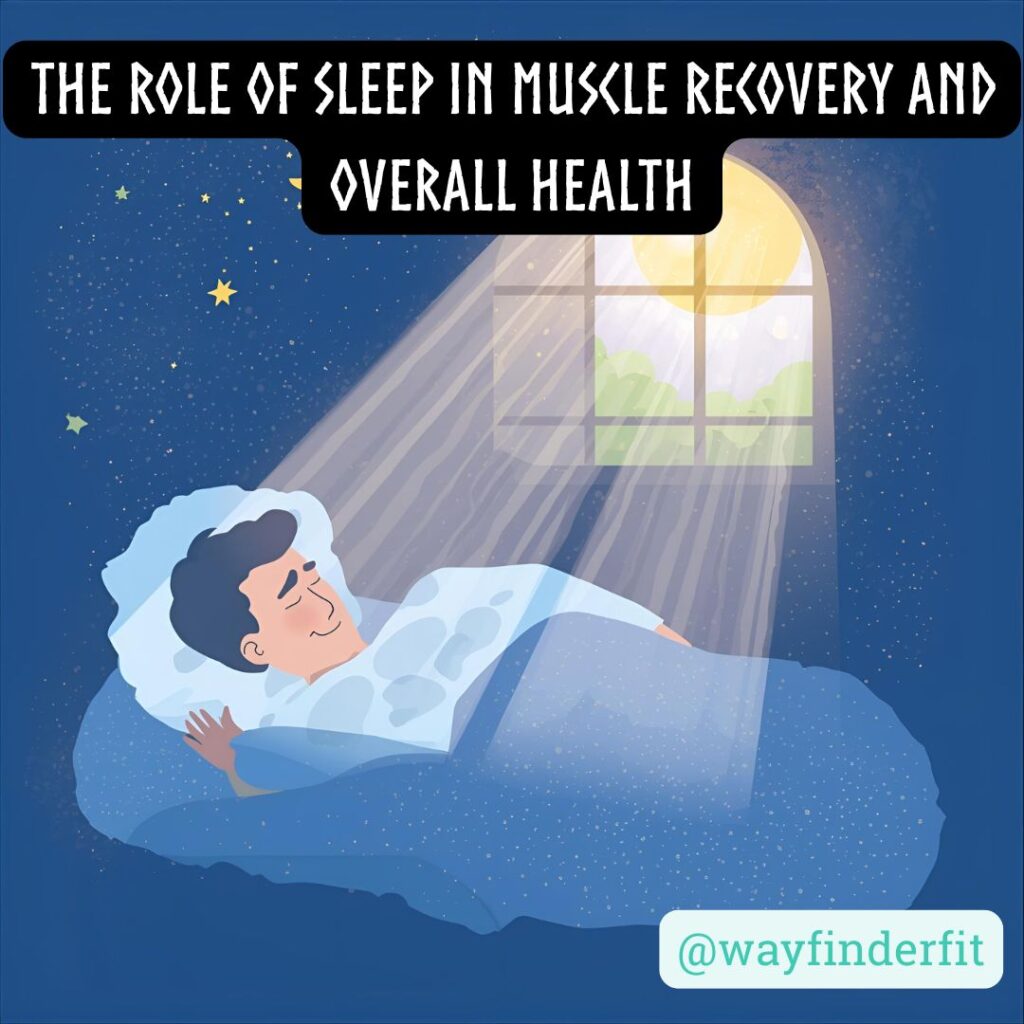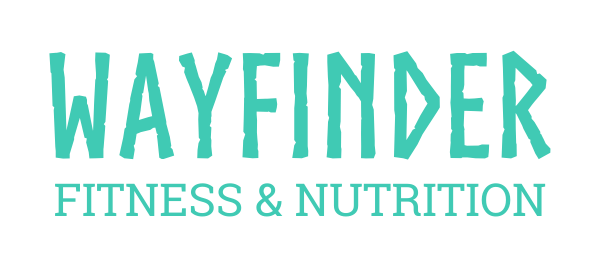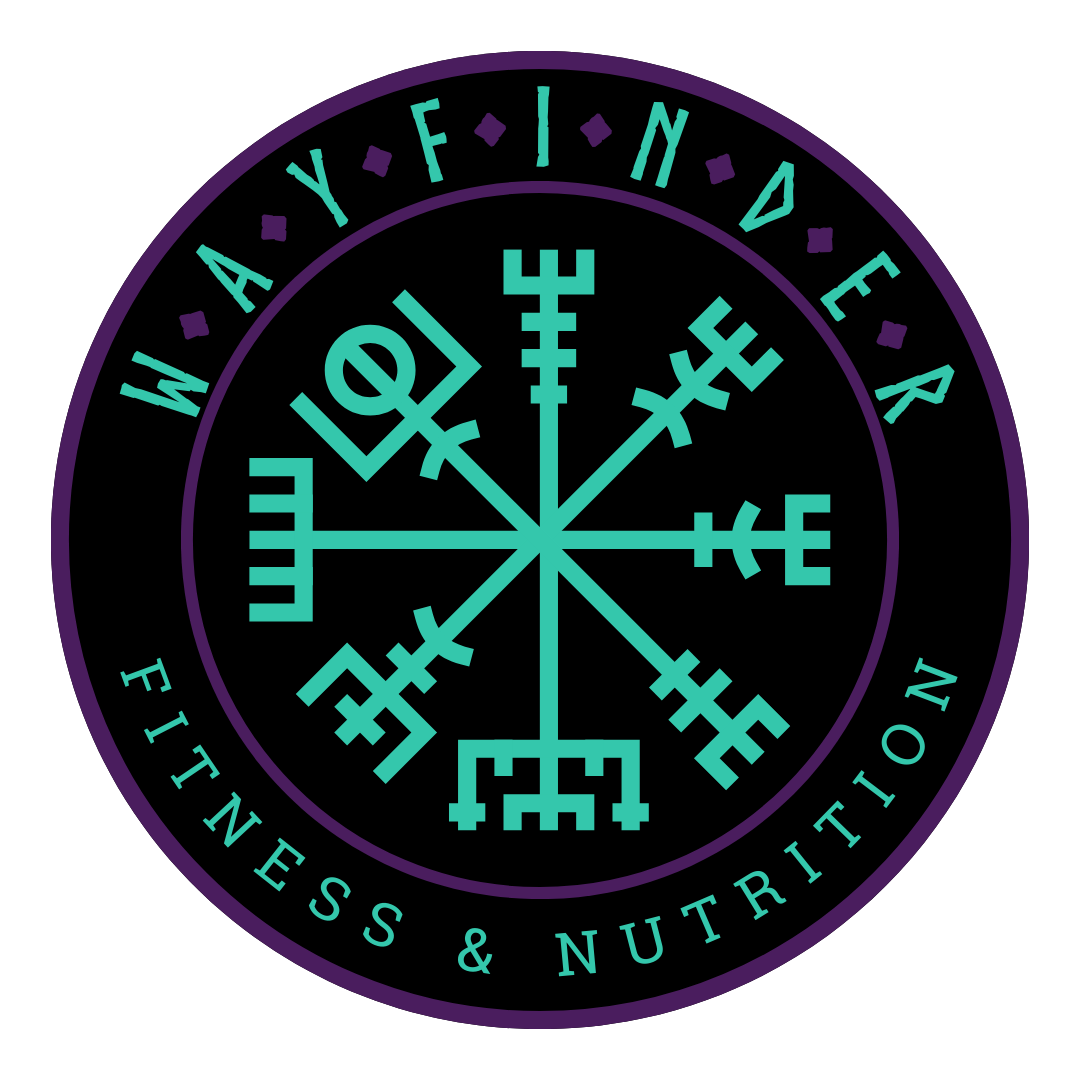Why Better Rest Means Better Results

You Can’t Outwork Bad Sleep
We talk a lot about training hard, eating well, and staying consistent — but there’s one piece that often gets overlooked: sleep.
If you’re putting in the work at the gym but cutting corners on rest, you’re leaving progress on the table.
Because no matter how great your workout is, your body doesn’t get stronger while you’re lifting weights — it gets stronger while you’re sleeping.
Why Sleep Matters for Muscle Recovery
When you sleep, your body goes into repair mode. That’s when your muscles rebuild, hormones rebalance, and your nervous system resets.
Here’s what’s happening while you’re out cold:
- 💤 Muscle Repair: During deep sleep, your body releases growth hormone, which helps repair muscle fibers that were broken down during exercise.
- ⚙️ Protein Synthesis: Sleep promotes protein production, the key building block for muscle recovery and growth.
- 🧠 Nervous System Reset: Restorative sleep allows your central nervous system to recharge, helping you move better, focus sharper, and reduce injury risk.
Skimping on sleep (especially less than 6 hours a night) limits these processes — making recovery slower, workouts harder, and motivation lower.
Sleep and Performance Go Hand in Hand
Studies show that athletes who consistently get 7–9 hours of sleep perform better, recover faster, and have fewer injuries than those who don’t.¹
When you’re sleep-deprived, you might notice:
- Decreased strength and endurance
- Slower reaction time
- Poorer coordination
- Higher perceived effort (everything feels harder)
Translation: you’re working harder just to get the same results — all because your body and brain are running on low battery.
Sleep Isn’t Just for Muscles — It’s for Overall Health
Good sleep supports far more than recovery. It impacts nearly every part of your health:
- 🩸 Metabolism: Poor sleep throws off hunger hormones (ghrelin and leptin), making it easier to overeat and harder to manage weight.²
- ❤️ Heart Health: Regular, restful sleep helps regulate blood pressure and inflammation.
- 🧠 Mood and Focus: Lack of sleep increases stress hormones like cortisol, leading to irritability, anxiety, and brain fog.
- 🦠 Immunity: Your immune system recharges while you rest, helping you stay healthy and fight off illness.
Think of sleep as your body’s nightly reset button — skip it too often, and everything from your energy to your mood starts to glitch.
How to Improve Sleep Quality
Here are a few small tweaks that make a big difference:
- Create a bedtime routine. Aim to go to bed and wake up around the same time daily.
- Keep it cool. A slightly cooler room (around 65–68°F) helps your body drift into deeper sleep.
- Limit screens before bed. Blue light messes with melatonin — try reading or stretching instead.
- Hydrate early, not late. Drink water throughout the day, but taper off an hour before bed.
- Fuel your recovery. A balanced dinner with protein and complex carbs supports overnight muscle repair.
Even one or two of these changes can improve sleep quality, energy levels, and recovery.
The Bottom Line
Your workouts break your body down — sleep builds it back up.
Skipping rest isn’t a badge of honor; it’s a roadblock to progress.
So, if you want better results, start by treating sleep as seriously as your training. Because your next PR, your best energy, and your overall health all depend on it.
Ready to Level Up Your Recovery?
If you’re training hard but not seeing the progress you want, let’s talk about your recovery. Book a No Sweat Intro, and we’ll build a plan that supports your goals — in and out of the gym.
📚 Sources
- Fullagar, H. H. K., et al. (2015). Sleep and athletic performance: The effects of sleep loss on exercise performance, and physiological and cognitive responses to exercise. Sports Medicine, 45(2), 161–186.
- Spiegel, K., Tasali, E., Penev, P., & Van Cauter, E. (2004). Sleep curtailment in healthy young men is associated with decreased leptin levels, elevated ghrelin levels, and increased hunger and appetite. Annals of Internal Medicine, 141(11), 846–850.
- Dattilo, M., et al. (2011). Sleep and muscle recovery: Endocrinological and molecular basis for a new and promising hypothesis. Medical Hypotheses, 77(2), 220–222.

